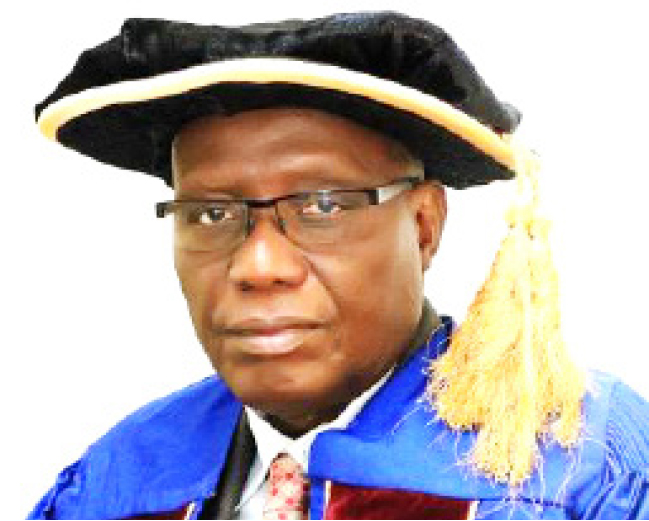Vice Chancellor of the National Open University of Nigeria (NOUN), Prof. Olufemi Peters, has emphasised the need for Nigeria’s academia to take a more prominent role in migration research and governance.
He described the subject as one of the defining issues of the 21st Century.
Prof. Peters made the call while delivering his address at the opening of a two-day workshop organised by the Centre of Excellence in Migration and Global Studies (CEMGS), NOUN, in collaboration with the Civil Society National Network on Migration and Development (CSOnetMADE) in Abuja yesterday.
The event, themed “Strengthening and Maximising Academic Presence in the Migration Space in Nigeria”, also witnessed a book presentation in honour of the vice chancellor.
In his remarks, Peters said migration continues to reshape economies, redefine communities, and influence both national and global development.
“Nigeria, like many nations, continues to grapple with the complex realities of migration. It is our collective responsibility to contribute meaningfully to the discourse through evidence-based research and knowledge sharing.”
He noted that NOUN, as the nation’s premier open and distance learning institution, is uniquely positioned to lead scholarly work on migration issues.
“Through CEMGS, we are committed to advancing scholarship, fostering collaboration, and ensuring that research findings translate into policies that address Nigeria’s migration challenges while aligning with global trends,” he stated.
Prof. Peters explained that the workshop aims to deepen academic engagement in migration research, strengthen capacity for impactful scholarship, and identify research agendas that reflect Nigeria’s specific realities.
Also speaking, the federal commissioner of the National Commission for Refugees, Migrants and Internally Displaced Persons (NCFRMI), Hon. Aliyu Tijani, commended CEMGS for distinguishing itself as a crucial home of knowledge, a citadel of scholarship, and a driving force in the pursuit of evidence-based understanding of migration dynamics.
Represented by Ambassador Catherine Udida, director of Migrant Affairs, he said the centre’s work has strengthened the link between academia and policy, bridging theory and practice through rigorous research and critical discourse.
“The academia continues to play an invaluable role in shaping our understanding of migration trends, strengthening policy frameworks, and refining institutional responses to migration-related challenges. Within Nigeria’s migration governance architecture, academia remains a strong and visible presence , not only as researchers and advisors, but also as policy contributors and thought leaders.”
He emphasised that no sustainable migration policy can exist without a strong academic foundation, citing global institutions such as the International Organisation for Migration (IOM) and UNESCO, which have affirmed the importance of academic involvement in migration governance.
“Research, data, and critical analysis are the pillars upon which effective migration management must stand.”
Tijani further urged participants to use the workshop to bridge the gap between policy and research, and between knowledge and practical impact.
“Engage in constructive dialogue, share innovative findings, and propose actionable recommendations to enhance Nigeria’s academic presence and leadership in the migration space.”





